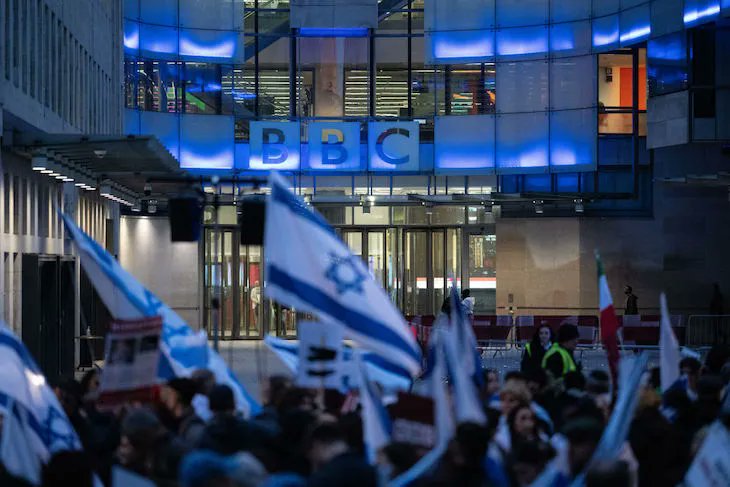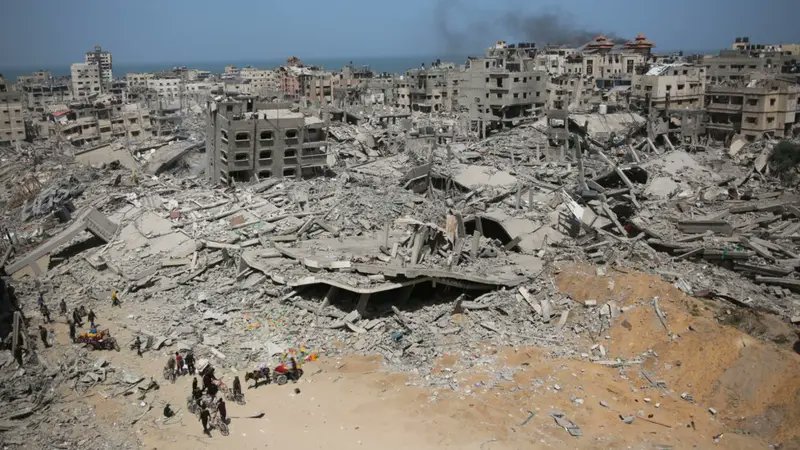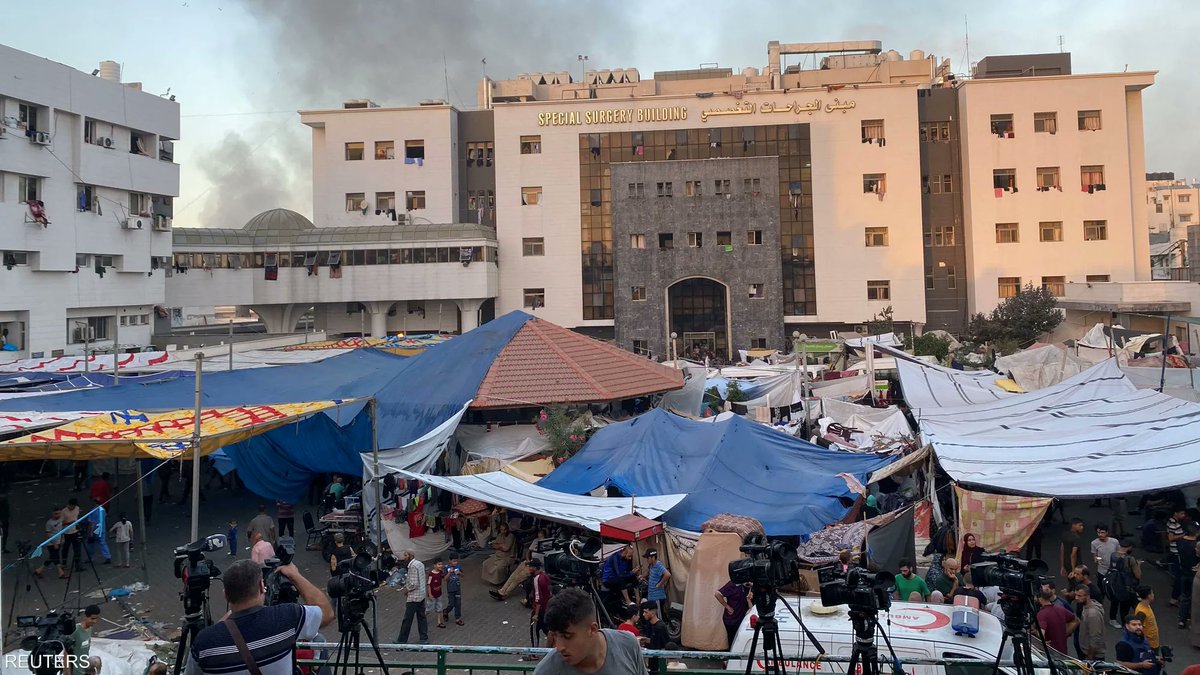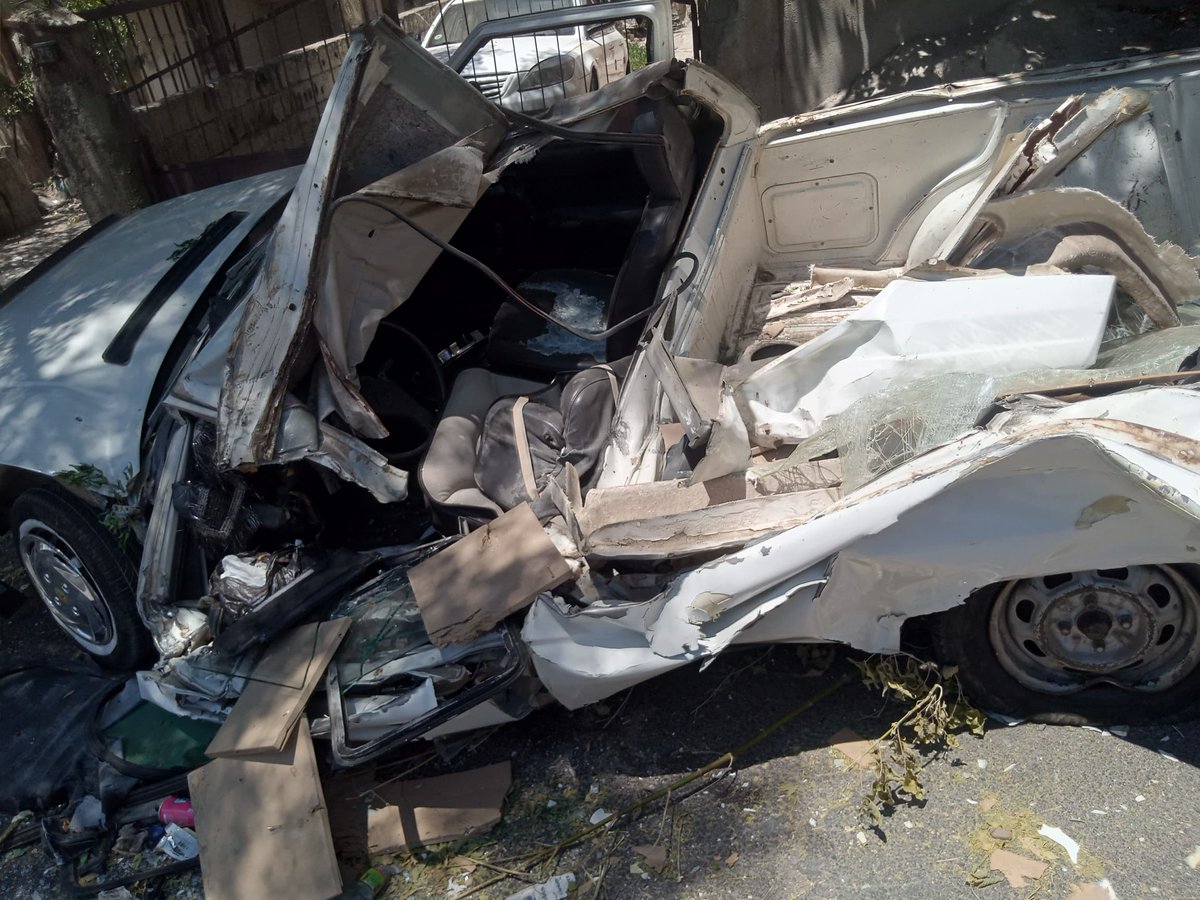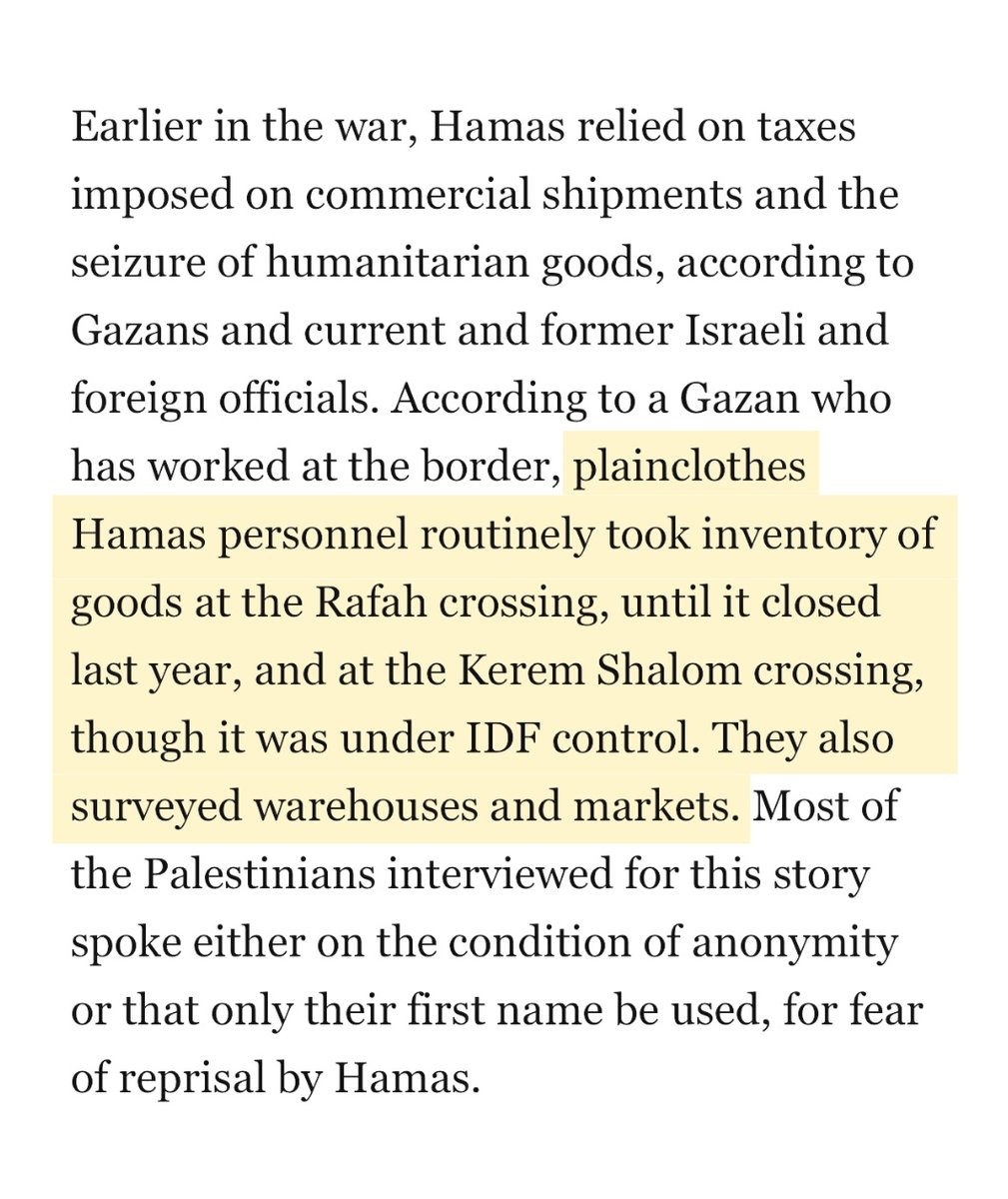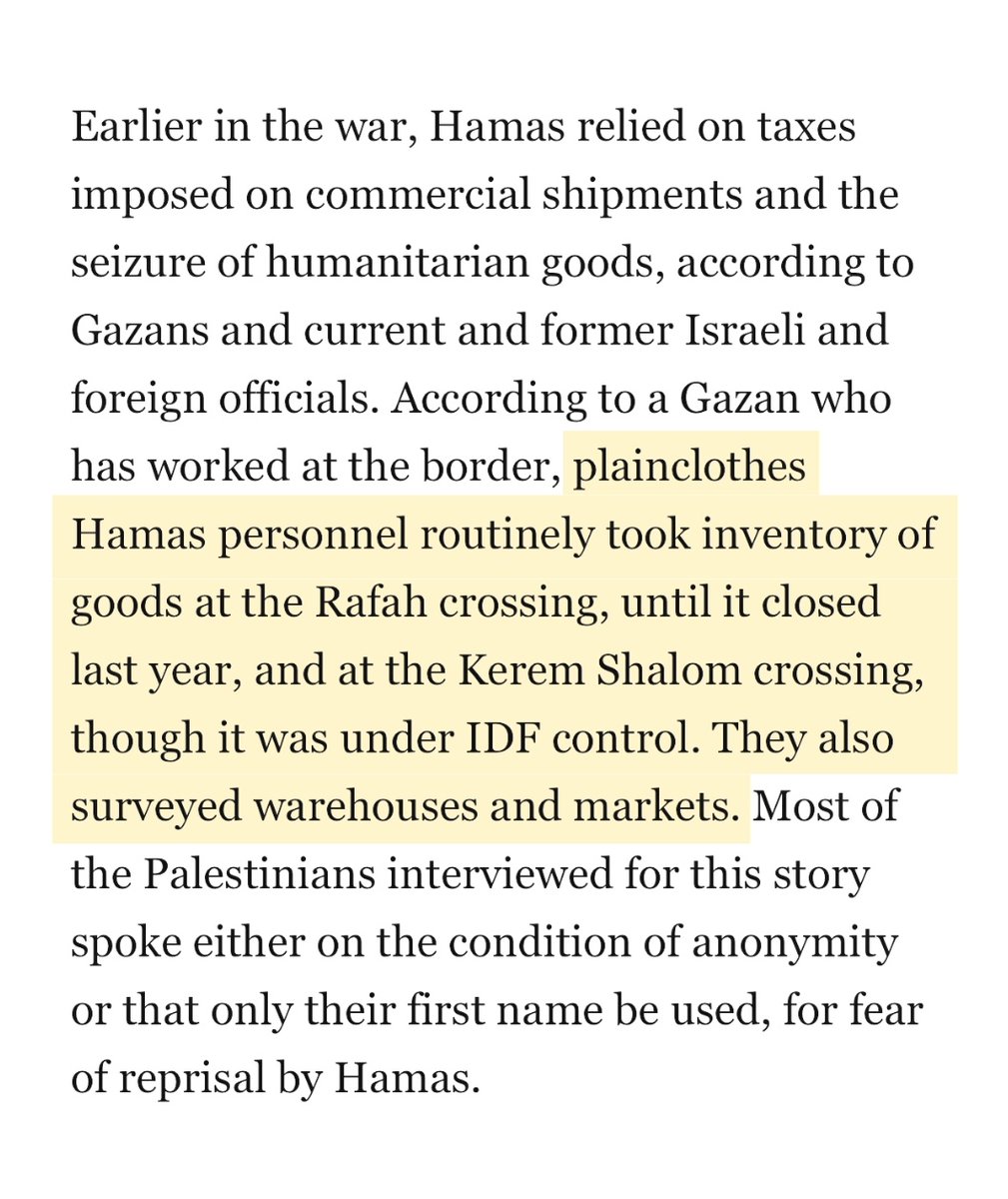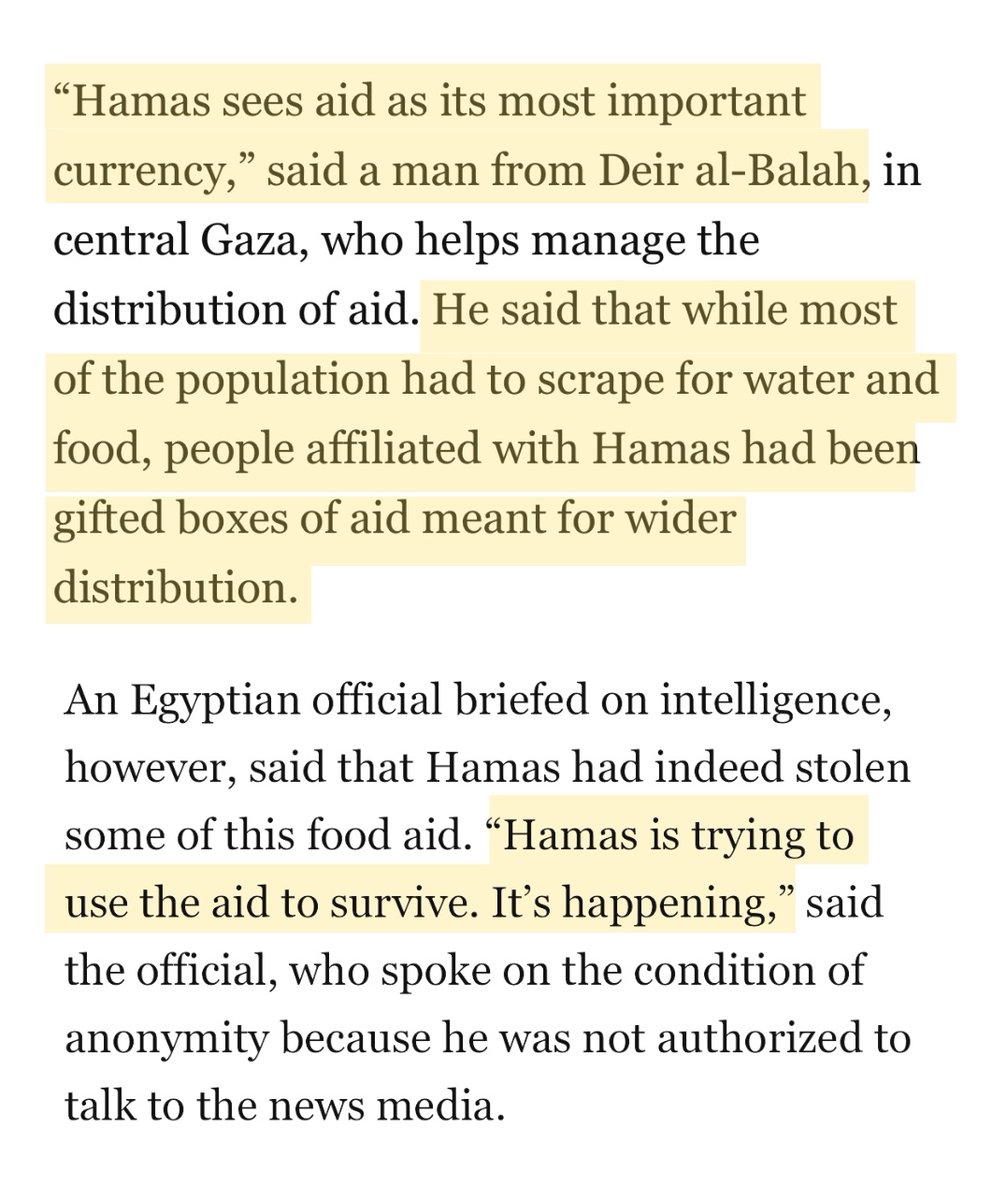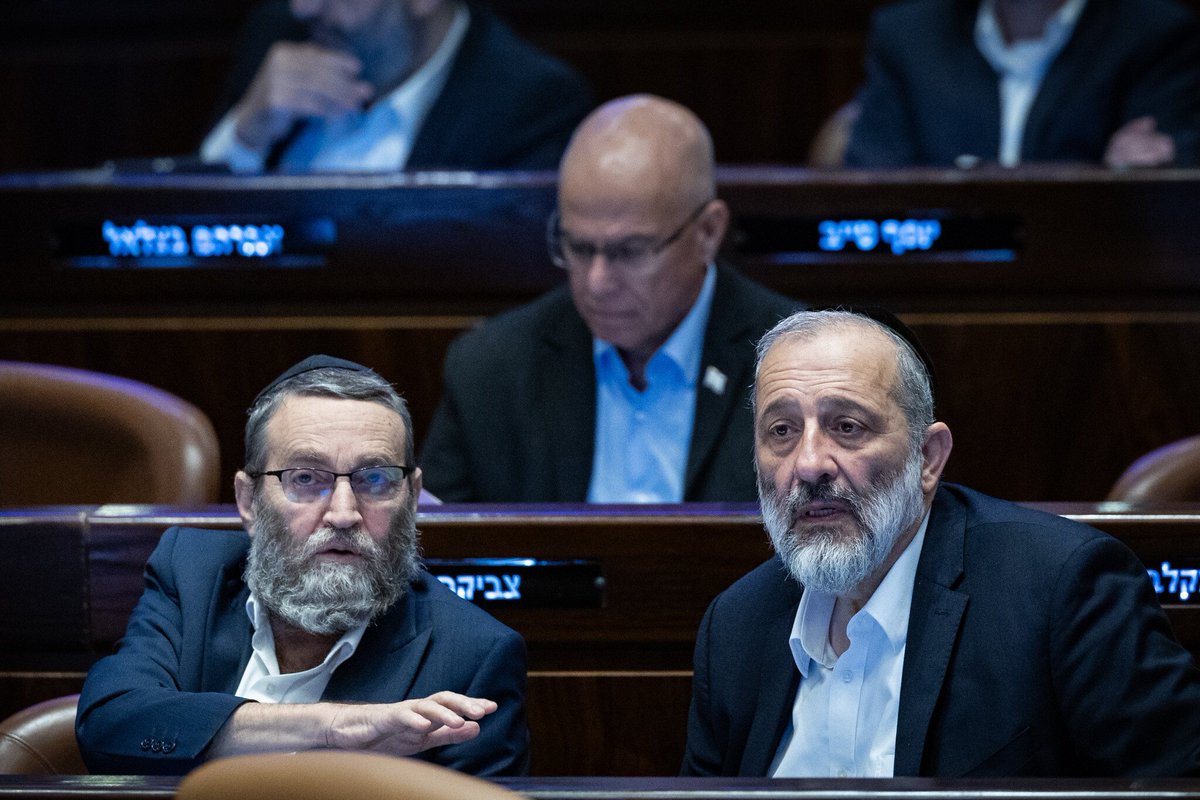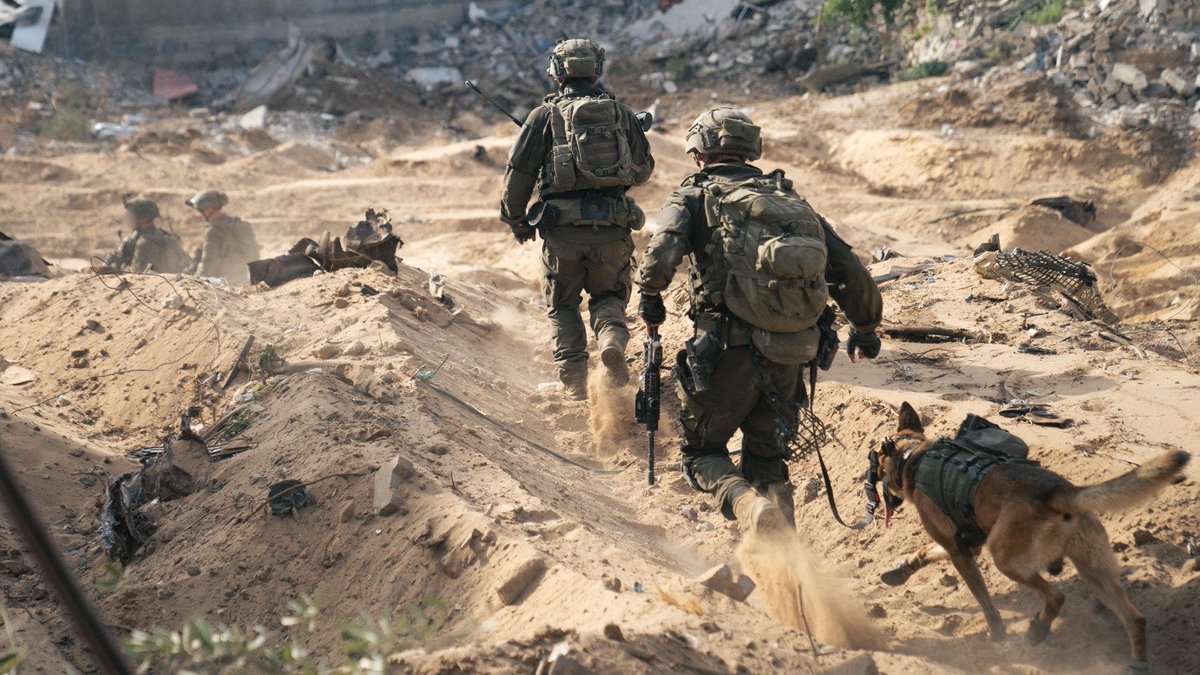1/4
By: @AmitSegal
Within 48 hours, Jerusalem will decide whether to annex territory in Gaza if Hamas doesn’t release hostages. And yes, this is vastly different from the IDF simply capturing territory in the strip.
Let’s explore why this move is so significant, and the motivations behind it.
By: @AmitSegal
Within 48 hours, Jerusalem will decide whether to annex territory in Gaza if Hamas doesn’t release hostages. And yes, this is vastly different from the IDF simply capturing territory in the strip.
Let’s explore why this move is so significant, and the motivations behind it.
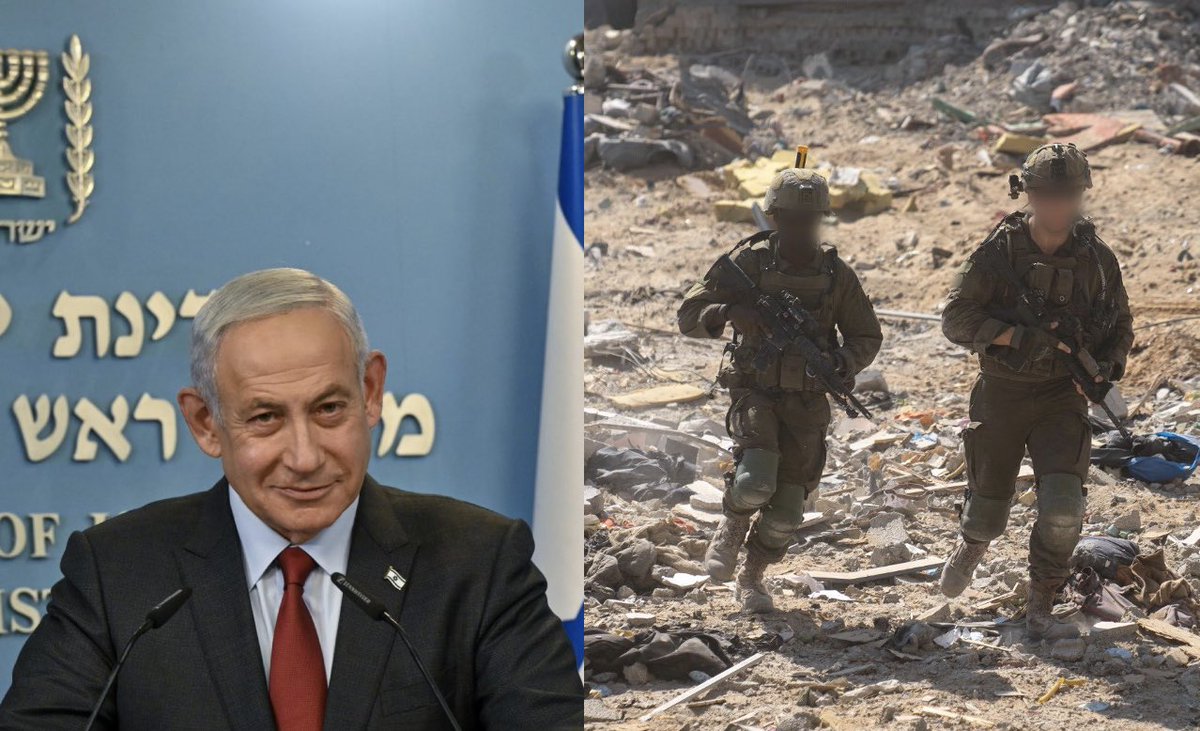
2/4
While the military can simply relinquish any territory it controls, annexing parts of the strip is almost irreversible. Why? According to Israeli law, if the government wants to relinquish territory it has annexed, it has two options: the withdrawal can either be approved by 80 of the Knesset’s 120 members, or through a referendum.
Considering how divisive issues of territory are in the Jewish state, and the trauma of Israel’s 2005 withdrawal from Gaza, you’d be forgiven for struggling to imagine a scenario in which a majority of the Israeli public supports giving up land again, or where two-thirds of the Knesset vote in favor of the move.
While the military can simply relinquish any territory it controls, annexing parts of the strip is almost irreversible. Why? According to Israeli law, if the government wants to relinquish territory it has annexed, it has two options: the withdrawal can either be approved by 80 of the Knesset’s 120 members, or through a referendum.
Considering how divisive issues of territory are in the Jewish state, and the trauma of Israel’s 2005 withdrawal from Gaza, you’d be forgiven for struggling to imagine a scenario in which a majority of the Israeli public supports giving up land again, or where two-thirds of the Knesset vote in favor of the move.
3/4
And so, if Benjamin Netanyahu’s government does decide to go ahead with annexation (and yes, it can do so during the Knesset break), Hamas will be faced with yet another dilemma.
Of course, this didn’t necessarily have to happen. Earlier today, Foreign Minister Gideon Sa’ar told reporters that the recent flurry of diplomatic pressure on Israel “caused Hamas to harden its position… directly sabotaging the chances for a ceasefire and hostage deal.”
And so, if Benjamin Netanyahu’s government does decide to go ahead with annexation (and yes, it can do so during the Knesset break), Hamas will be faced with yet another dilemma.
Of course, this didn’t necessarily have to happen. Earlier today, Foreign Minister Gideon Sa’ar told reporters that the recent flurry of diplomatic pressure on Israel “caused Hamas to harden its position… directly sabotaging the chances for a ceasefire and hostage deal.”
4/4
In other words, thanks to Emmanuel Macron and co, Israel is now looking at permanently seizing territory in Gaza as a means of significantly ramping up the pressure on Hamas. After all, one of the key components to defeating an extremist ideology is depriving it of territory under its control—and while Hamas can try negotiate IDF withdrawals, it can’t negotiate its way into Jerusalem giving up territory that legally belongs to Israel.
This, of course, brings us to Israel’s rationale. Hamas, the argument goes, cares more about land than human lives.
In 48 hours, the Gazan terror group may finally be forced to decide.
In other words, thanks to Emmanuel Macron and co, Israel is now looking at permanently seizing territory in Gaza as a means of significantly ramping up the pressure on Hamas. After all, one of the key components to defeating an extremist ideology is depriving it of territory under its control—and while Hamas can try negotiate IDF withdrawals, it can’t negotiate its way into Jerusalem giving up territory that legally belongs to Israel.
This, of course, brings us to Israel’s rationale. Hamas, the argument goes, cares more about land than human lives.
In 48 hours, the Gazan terror group may finally be forced to decide.
• • •
Missing some Tweet in this thread? You can try to
force a refresh





